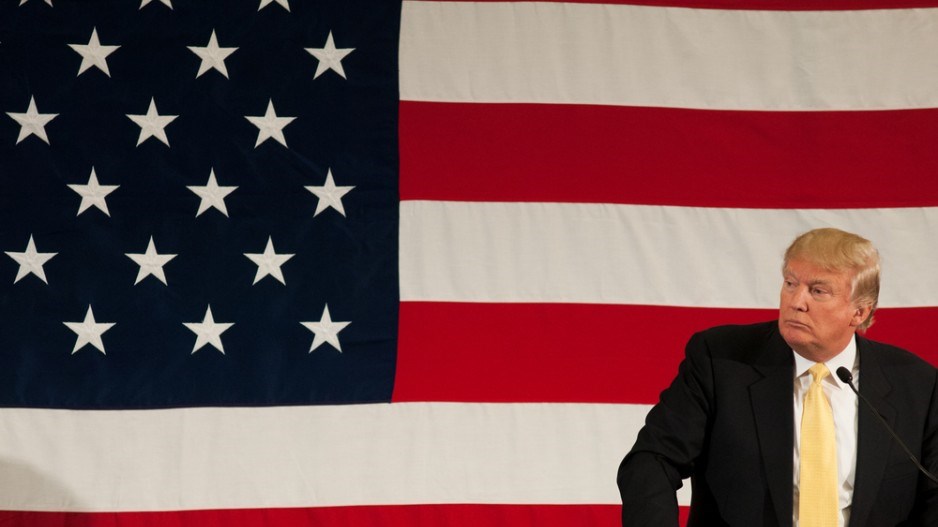Canadian imports of steel and aluminum into the United States will not be exempt from new tariffs announced by Donald Trump last week, unless a “new and fair NAFTA agreement is signed,” Trump tweeted early this morning (March 5).
In his tweets, Trump said NAFTA has been a bad deal for the U.S., with a “massive relocation of companies and jobs.”
We have large trade deficits with Mexico and Canada. NAFTA, which is under renegotiation right now, has been a bad deal for U.S.A. Massive relocation of companies & jobs. Tariffs on Steel and Aluminum will only come off if new & fair NAFTA agreement is signed. Also, Canada must..
— Donald J. Trump (@realDonaldTrump) March 5, 2018
Trump also tweeted that Canada must treat U.S. farmers “much better,” and said Mexico must do more to stop “drugs from pouring into the U.S.,” saying “millions of people are addicted and dying.”
To protect our Country we must protect American Steel! #AMERICA FIRST
— Donald J. Trump (@realDonaldTrump) March 5, 2018
The surprise announcement last week, in which Trump said all steel and aluminum products being imported into the U.S. would be slapped with tariffs of 25% and 10%, respectively, left Canadian business and political leaders scratching their heads, wondering if Canada would get an exemption, since Canada imports more steel from the U.S. than it exports. According to the Canadian Steel Producers Association, Canada exported $5.9 billion worth of steel to the U.S. in 2016, and imported $6 billion worth of steel from the U.S. into Canada.
“I’m a little bit puzzled in how Canada is unfair as a trading partner. We run a slight trade deficit when you add services into the equation,” John Ries, a professor specializing in international trade at the Sauder School of Business at the University of B.C., told Business in Vancouver on Roundhouse 98.3.
Regarding the American farmers Trump said Canada must treat better, Ries said the U.S. president might have a point if he is referring to Canada's supply management system.
"We certainly restrict imports through our supply management. And that’s a tricky political issue," Ries said.
WATCH: BIV's Tyler Orton talks on Global BC about why Canada is not expected to be excluded from the Trump tariffs. Also: The economic impacts of the Vancouver Whitecaps
{"preview_thumbnail":"/sites/default/files/styles/video_embed_wysiwyg_preview/public/video_thumbnails/ob71NkQaWbo.jpg?itok=IOdspntB","video_url":"https://youtu.be/ob71NkQaWbo","settings":{"responsive":1,"width":"854","height":"480","autoplay":0},"settings_summary":["Embedded Video (Responsive)."]}
“It’s not altogether bad for Canada to alleviate some of those restrictions, because they do tend to cause food prices, poultry, milk, dairy to be higher here, and that’s not good for the buyer.”
British Columbia does not have a major steel production industry, but it exported $1 billion worth of aluminum products in 2017, according to BC Statistics. Rio Tinto, which has an aluminum smelter in Kitimat, could be British Columbia’s biggest casualty if the tariffs are put in place.
- With files from Nelson Bennett
@EmmaHampelBIV




